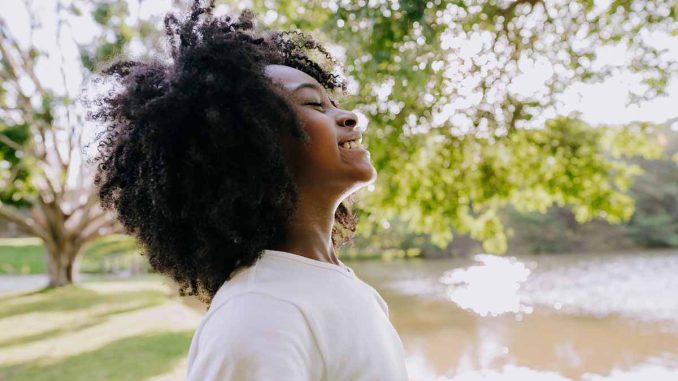

Living a minimalist lifestyle involves simplifying your life by eliminating unnecessary items and emphasizing what matters most. This is not just about minimising your belongings; it’s also about rethinking your relationship with material items in order to clear the clutter, de-stress, and focus on the things that actually provide value to your life. Here are some doable suggestions for adopting minimalism, which can result in a life that is more ordered, peaceful, and fulfilling.
Understanding Minimalism
A minimalist’s philosophy is to purge excess from your life, concentrate on what matters, and find satisfaction in the small things in life. Reaching a sense of freedom and release from the consumerist cycle that rules modern society is the ultimate goal of this unique trip that each person must take.
Tips for Adopting a Minimalist Lifestyle
1. Identify Your Values
The idea of a minimalist is to get rid of unnecessary items from your life, focus on what really matters, and find joy in the little things in life. The ultimate destination of this special journey that each person must take is to achieve a sense of independence and escape from the consumerist cycle that governs contemporary society.
2. Declutter Your Space
Declutter your workspace and living areas first. Examine everything you own and consider whether it truly enhances your life. If not, think about recycling, selling, or donating it. This procedure is a concrete step toward living a simple lifestyle and can be freeing.
3. Embrace Quality Over Quantity
Instead of accumulating many items, focus on owning fewer but better-quality things that last longer and truly meet your needs. This not only reduces clutter but also promotes a more sustainable lifestyle.
4. Simplify Your Wardrobe
A minimalist wardrobe, often called a capsule wardrobe, consists of a small selection of versatile, quality pieces that you love and wear regularly. This approach simplifies the decision of what to wear each day, saves time, and reduces stress.
5. Limit Digital Clutter
Minimalism extends beyond physical items to digital clutter as well. Regularly clean up your digital devices by organizing files, deleting unnecessary apps, and unsubscribing from unwanted emails. This can significantly reduce stress and improve digital well-being.
6. Be Mindful of New Purchases
Before making a new purchase, ask yourself if the item is necessary, if it aligns with your values, and if you have a place for it in your home. This mindfulness can prevent unnecessary acquisitions and keep clutter at bay.
7. Focus on Experiences Over Things
Investing in experiences rather than material possessions can lead to greater happiness and fulfillment. Experiences, such as travel, learning a new skill, or spending time with loved ones, create lasting memories and deepen relationships.
8. Practice Gratitude
Focusing on what you have rather than what you lack encourages a sense of contentment and appreciation. Regularly practicing gratitude can reinforce your minimalist lifestyle by highlighting the abundance already present in your life.
The Impact of Minimalism
Your physical and emotional health can be significantly impacted by living a simple lifestyle. It can result in a more orderly and clean atmosphere, lower stress levels, sharper focus, and more time and money to devote to your hobbies and passions. Minimalism provides a way to live a more purposeful and contented life by focusing on what really matters.
In summary, minimalism is about discovering freedom and happiness in simplicity rather than about deprivation. By implementing these suggestions, you can start a fulfilling journey toward living a minimalist lifestyle, minimizing stress and clutter, and concentrating on the things that really matter in life.
helpful
thanks